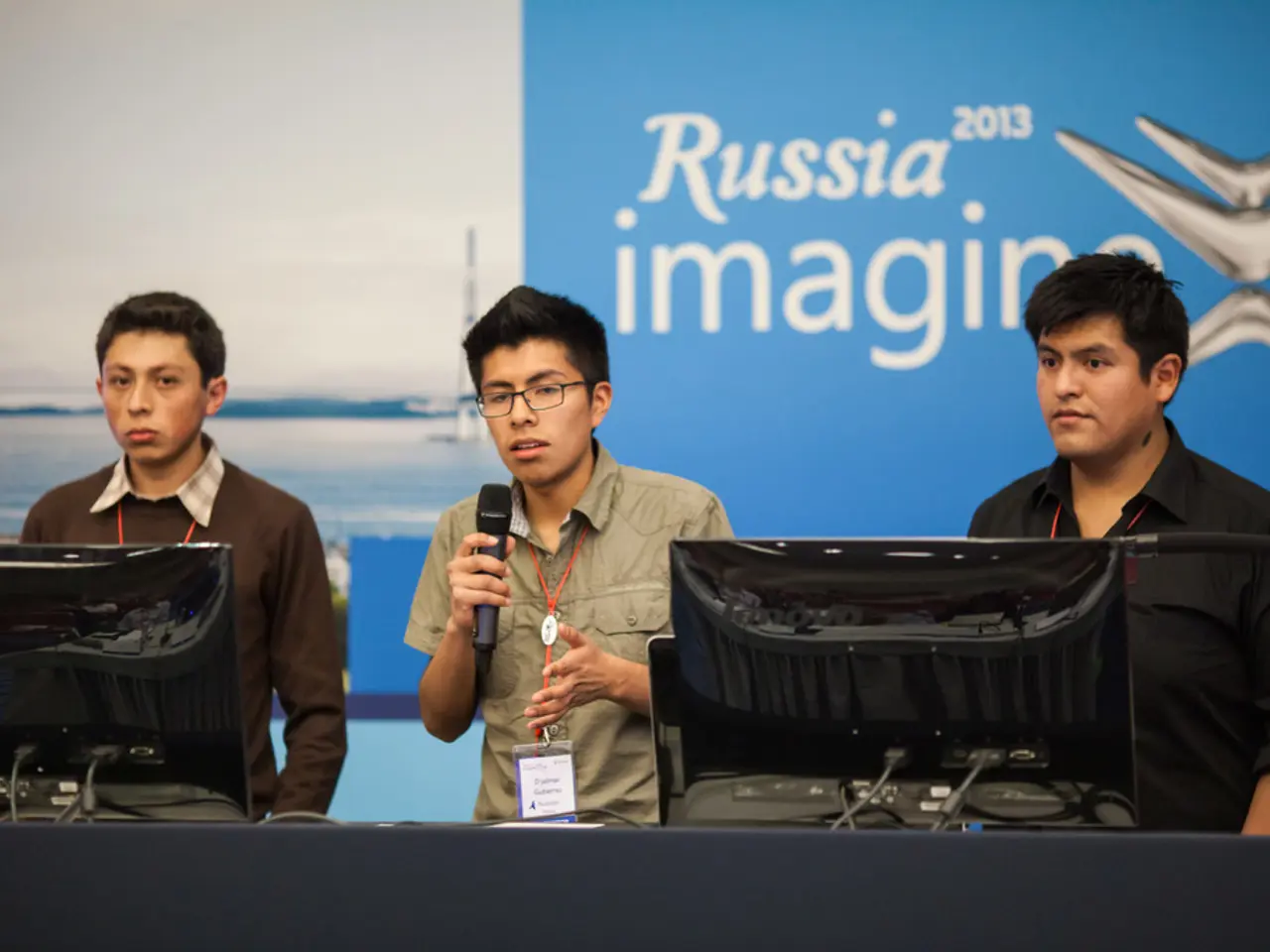Groundbreaking statement by previous ASML CEO: Innovative technology will transform the impossible into achievable realities
Peter Wennink, the former CEO of ASML and a prominent figure in the deep tech industry, will join Young Sohn, another digital visionary, at a conference in Amsterdam on June 20. Wennink, who stepped down from his position at ASML in spring 2024, has not publicly announced a new full-time position since then, but his insights into the core themes and future directions of semiconductor technology and innovation remain highly sought-after.
During the conference, Wennink and Sohn will unpack the next decade of innovations in deep tech, focusing on five key frontiers that represent the intersection of ASML’s legacy, deep tech innovation, and global industry needs.
**Advanced Lithography and Semiconductor Manufacturing**
One of the primary areas of focus will be next-generation EUV lithography. ASML, under Wennink's leadership, has been a global leader in extreme ultraviolet (EUV) lithography, a critical technology for manufacturing the world's most advanced chips. Wennink has highlighted the importance of continuing to advance EUV and high-NA (numeric aperture) EUV technologies for sub-3nm and sub-2nm chips, which are essential for AI, quantum computing, and future digital infrastructure.
Another emerging challenge in this field is sustainability in chipmaking. Reducing energy and resource consumption, as well as waste in semiconductor manufacturing, is a crucial aspect that Wennink has discussed.
**Quantum Computing and Emerging Technologies**
Another area of focus will be quantum computing and how it might interface with traditional semiconductor technologies. Supporting research and development into this field is crucial, as quantum computing promises to revolutionize computing power and solve complex problems that are currently impossible for classical computers.
Advanced photonics for interconnects and computing could also be a growing area, with silicon photonics gaining ground.
**AI and Machine Learning**
The role of AI in optimizing chip manufacturing processes, predictive maintenance, and yield improvement will also be discussed. Additionally, the development of specialized AI processors and accelerators that leverage novel chip architectures will be a key topic.
**Supply Chain Resilience and Global Collaboration**
Ensuring robust, diversified, and secure semiconductor supply chains, especially in the face of geopolitical challenges, will be another area of focus. Collaborating with global partners to drive open innovation and standardization will also be discussed.
**Sustainable and Green Tech**
Reducing the carbon footprint of chip fabrication plants and implementing circular economy practices will also be discussed. These practices aim to reuse materials and minimize waste in the semiconductor lifecycle.
While specific projects Wennink is currently engaged in are not widely publicized, these areas represent the key frontiers at the intersection of ASML’s legacy, deep tech innovation, and global industry needs. If he is advising or investing, these are the areas where his expertise and vision are most likely to make an impact.
Tickets for the conference, which takes place on June 19-20 in Amsterdam, are now on sale with a 30% discount using the code XMEDIA2025 at check-out. Don't miss this opportunity to hear from two of the most influential figures in deep tech.
Over the course of his 25-year career at ASML, Wennink has been deeply involved in numerous breakthroughs that have fueled exponential growth and driven breakthroughs that once seemed unimaginable. Moore's Law, an observation that transistors on chips double roughly every two years, was extended by ASML's work. ASML laid the foundations for countless deep tech innovations during Wennink's tenure.
Wennink believes that the next wave of deep tech will unlock possibilities that are hard to imagine. Under his leadership, ASML extended the life of Moore's Law, and he remains a key figure in the deep tech field even after retiring from ASML.
ASML's machines continue to produce the chips for various advanced devices, including iPhones and self-driving cars. ASML is the sole supplier and producer of extreme ultraviolet (EUV) lithography machines, a crucial force in today's AI boom, supporting technologies like ChatGPT and brain-computer interfaces.
Wennink was deeply involved in Brainport Eindhoven, which he calls "probably unique" in the world of deep tech. This region in the Netherlands is a hub for high-tech industries, research institutions, and universities, and it has played a crucial role in driving innovation in deep tech.
In conclusion, the upcoming conference in Amsterdam promises to be an exciting event, featuring insights from two of the most influential figures in deep tech. Don't miss this opportunity to learn about the future of deep tech and the key frontiers that Wennink and other industry observers might be focusing on.
During the conference, Wennink and Sohn might discuss the role of artificial-intelligence (AI) in optimizing chip manufacturing processes, predictive maintenance, and yield improvement, as well as the development of specialized AI processors and accelerators that leverage novel chip architectures.
Moreover, Wennink has highlighted the importance of continuing to advance EUV and high-NA (numeric aperture) EUV technologies for sub-3nm and sub-2nm chips, which are essential for artificial-intelligence (AI), quantum computing, and future digital infrastructure.




